Intervension axis #2: Training an Support
Forming children, adults, professionals and decision-makers for active, inclusive and sustainable mobility and road citizenship is crucial.
The National Strategy for Active Cycling Mobility emphasizes «the need to intervene with individuals and institutions to disseminate essential competencies that promote a shift from current mobility patterns», increasing non-car-dependent travel.
It is essential to educate children, adults, professionals and decision-makers about active, inclusive and sustainable mobility. Ensuring safety and comfort conditions for all bicycle users while effectively enforcing legislation is equally important.
Teaching cycling skills
The Strategy outlines the development of a training framework for children and adults. The goal is to support the acquisition of safe and comfortable cycling skills in both protected environments (basic level) and on public roads (advanced level).
The framework will include training, certification and monitoring of qualified instructors for teaching children and adults.
In 2022, the Directorate-General for Education developed the Manual «Pedal! From school to life» serving as pedagogical support for the projects such as «School Sports on Wheels» and «Cycling goes to School».
Including cycling as an extracurricular activity- «School Sport on Wheels»
Considering cycling as a fundamental skill with multiple benefits for individuals and society, the opportunity for students to learn cycling will be evaluated. This optional phased training process will occur at various educational levels, within defined and safe perimeters (elementary schools) and also in public spaces (roads for middle and high school students).
Training for road citizenship
Currently, specific questions related to cycling are included in classes and the practical driving test report. The focus has shifted from awareness to binding knowledge with practical effects, particularly in driver approval.
Creating an interdisciplinary information center
The online provision of free and accessible technical resources to support municipalities and other entities in planning and implementing active mobility solutions is of utlmost important. This positively impacts planned and ongoing projects and supports the planning of future initiatives.
Conducting local capacity-building and discussion actions
At the local or regional level, initiatives that foster discussion and expand the network of involved stakeholders (municipalities, companies, professionals, etc.), provide appropriate way to connect national and local strategies. These initiatives facilitate information sharing, promote best practices, stimulate partnerships creation and present results from interventions, studies and innovative proposals.
Noteworthy Regional meetings include:
- Lisbon and Vale do Tejo (April 22, 2021): Cyclable Mobility in a supra-municipality logic;
- Central Region (April 28, 2021): Cyclable Mobility and bicycle production;
- Alentejo (May 12, 2021): Cyclable Mobility in the context of rural mobility;
- Algarve (May 13, 2021): Cyclable Mobility serving tourism and health;
- North Region (May 19, 2021): Cyclable Mobility and innovation.
Implementing measures to support bicycles acquisition
The acquisition of urban profile electric bicycles is supported by the Environmental Fund since 2021. It is also included in incentive and promotion measures targeting low-emission vehicles.



